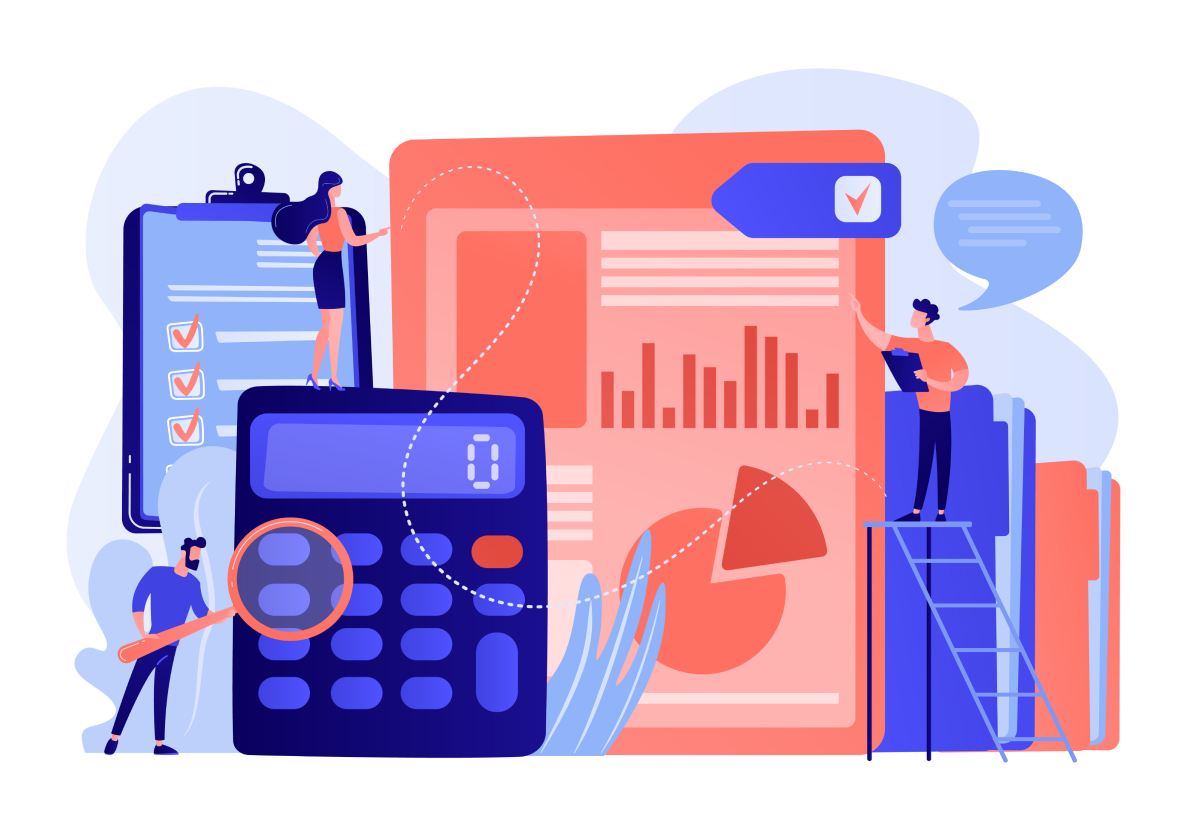When it comes to importing goods into the UK, understanding the complexities of VAT can be crucial for businesses. One essential aspect to grasp is the concept of postponed VAT accounting. This blog post guide will explore the ins and outs of postponed VAT accounting, its benefits, and how to utilize it effectively.t
To determine whether the scheme is right for your business, consult a VAT compliance expert. They can help you understand the legal requirements for an Article 23 license and advise whether the scheme is right for your business.
What is postponed VAT Accounting?
Postponed VAT accounting is a mechanism introduced by HM Revenue & Customs (HMRC) that allows businesses to declare and recover import VAT on their VAT returns rather than paying it upfront at the time of importation. Its goal is to simplify the import process and provide cash flow advantages to businesses.
Eligibility and Requirements
To utilize postponed VAT accounting, businesses must meet certain eligibility criteria. These include being VAT-registered in the UK and having a UK Economic Operator Registration and Identification ( UK EORI) number. Additionally, businesses need to indicate their intention to use postponed VAT accounting on customs declarations.
Two most significant benefits of postponed VAT accounting
Cash Flow Improvement: By deferring the payment of import VAT until the VAT return period, businesses can enhance their cash flow, allowing them to allocate funds to other essential areas of their operations.
Reduced Administrative Burden: With postponed VAT accounting, businesses can avoid the upfront payment of VAT, simplifying the import process and streamlining administrative tasks.
How does postponed VAT accounting work?
When importing goods from outside the UK, businesses are required to submit customs declarations. On these declarations, businesses should include their VAT number and indicate their intention to use postponed VAT accounting.
Once the goods have been imported, businesses need to include the import VAT due on their VAT return for the corresponding period.
The VAT due can be reclaimed or offset against the VAT liabilities in that period. Additionally, accurate record-keeping is essential when using postponed VAT accounting.
Businesses should maintain records of customs declarations, VAT paid on imports, and any VAT reclaimed.
Limitations and Considerations
It is important to note that businesses can only reclaim import VAT if they are eligible for VAT recovery. Postponed VAT accounting applies to imports from outside the UK and the EU. Businesses must ensure they comply with all HMRC regulations and deadlines. Failure to do so may result in penalties and additional charges.
Good to know: For goods imported from EU countries, businesses may need to follow different procedures.
Conclusion
Postponed VAT accounting provides businesses importing goods into the UK with a practical and beneficial solution. By deferring VAT payments and simplifying administrative tasks, businesses can improve their cash flow and focus on essential operations. Understanding the eligibility criteria, requirements, and record-keeping obligations is crucial to utilize postponed VAT accounting effectively.
By staying compliant and leveraging this mechanism, businesses can confidently navigate the complexities of import VAT.
